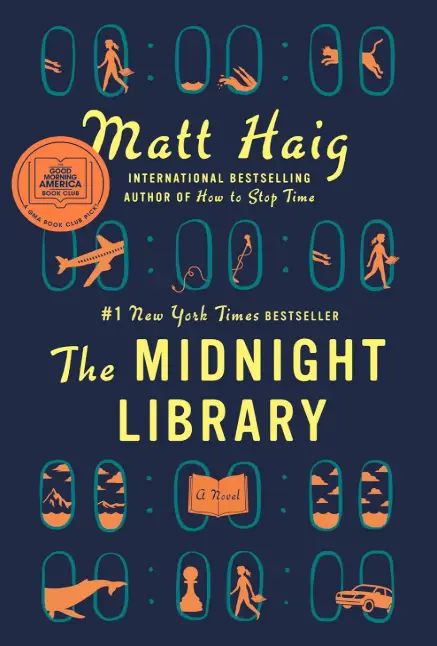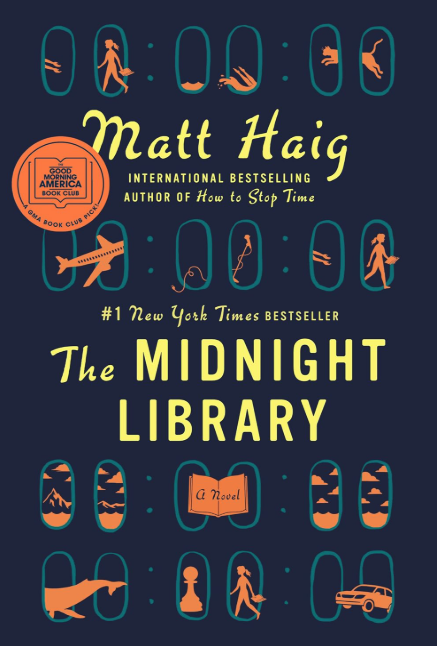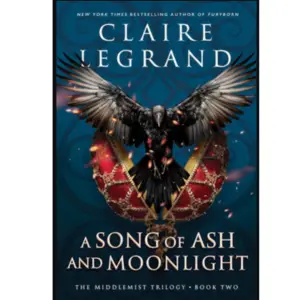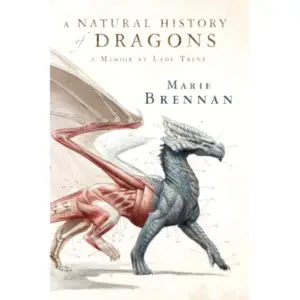

Synopsis from GoodReads:
Between life and death there is a library.
When Nora Seed finds herself in the Midnight Library, she has a chance to make things right. Up until now, her life has been full of misery and regret. She feels she has let everyone down, including herself. But things are about to change.
The books in the Midnight Library enable Nora to live as if she had done things differently. With the help of an old friend, she can now undo every one of her regrets as she tries to work out her perfect life. But things aren’t always what she imagined they’d be, and soon her choices place the library and herself in extreme danger.
Before time runs out, she must answer the ultimate question: what is the best way to live?
Review:
As someone who has worked with over 100 clients battling depression in my career as a mental health coach, The Midnight Library struck me with a depth and honesty that few novels ever achieve. Matt Haig doesn’t just tell a story about Nora Seed—he captures the lived experience of depression with raw empathy. Nora’s despair, her sense of being trapped, and her longing for escape resonated so closely with what I have heard time and time again from those I’ve supported. Reading her journey, I found myself nodding, not because it was comfortable, but because it was true.
What makes this book so captivating is the way it balances pain with possibility. Haig draws you into Nora’s loneliness, but he doesn’t leave you there. Instead, he slowly transforms longing into something far more hopeful—the will to live. This mirrors what I have seen countless times in my coaching: that even when someone feels stuck in darkness, small shifts in perspective can begin to open doors. Cognitive Behavioral Therapy, one of the most proven ways to address depression, is built on this principle—that by reframing thoughts, we can change emotions and behaviors, one step at a time.
Haig illustrates this beautifully. As Nora explores her infinite lives, she comes to realize how much the little things matter:
“It is not lives we regret not living that are the real problem. It is the regret itself. It is the regret that makes us shrivel and wither and feel like our own lives are not worth living.”
That insight echoes the CBT approach—acknowledging the thought patterns that hold us back, and learning to shift them in order to move forward.
What touched me most was how the novel reminded me, again and again, that perspective is powerful. The world doesn’t have to change all at once for life to become worth living. Sometimes, it’s enough to notice the beauty in small moments, to take one step in a new direction, to allow a flicker of hope to grow.
The Midnight Library is not only a book I recommend—it’s one I deeply feel. It reminded me of conversations I’ve had with clients at their lowest points, and the incredible transformations I’ve witnessed when despair gives way to resilience. Haig has created more than a story; he has created a mirror, reflecting the truth that life, with all its imperfections, is worth holding on to.

